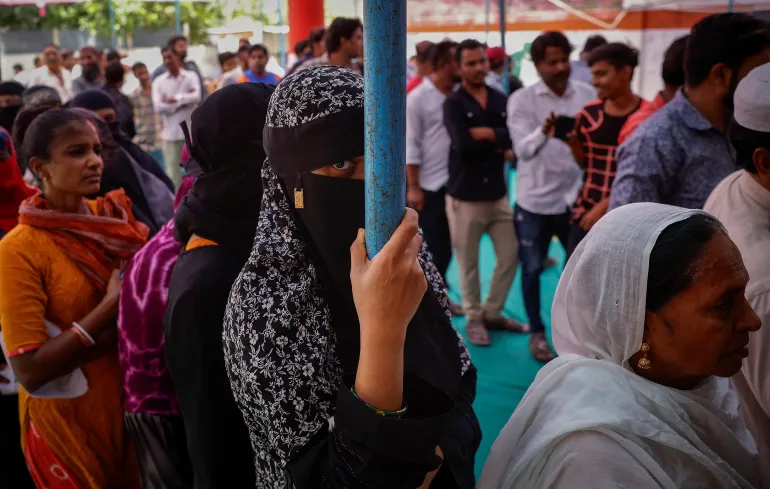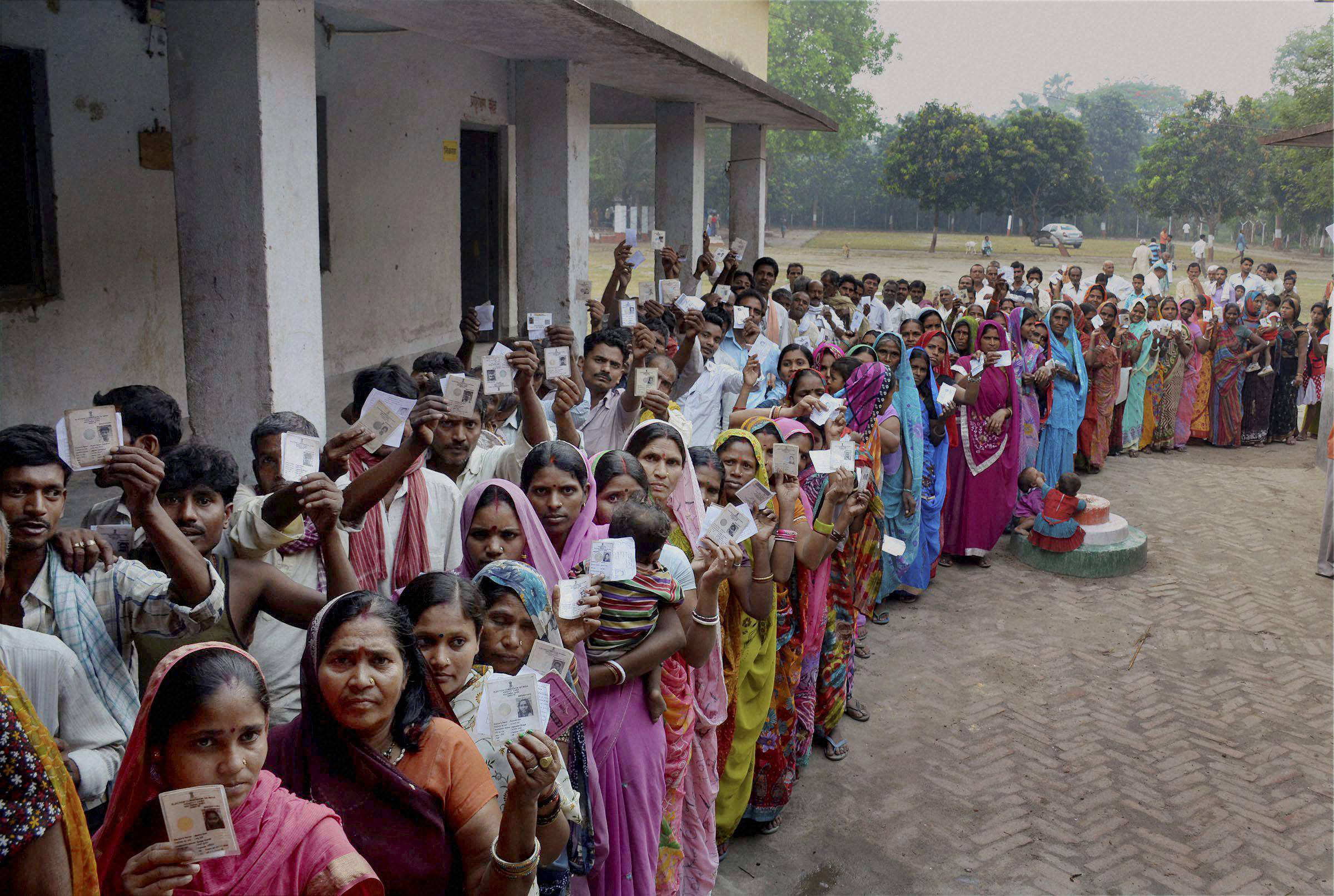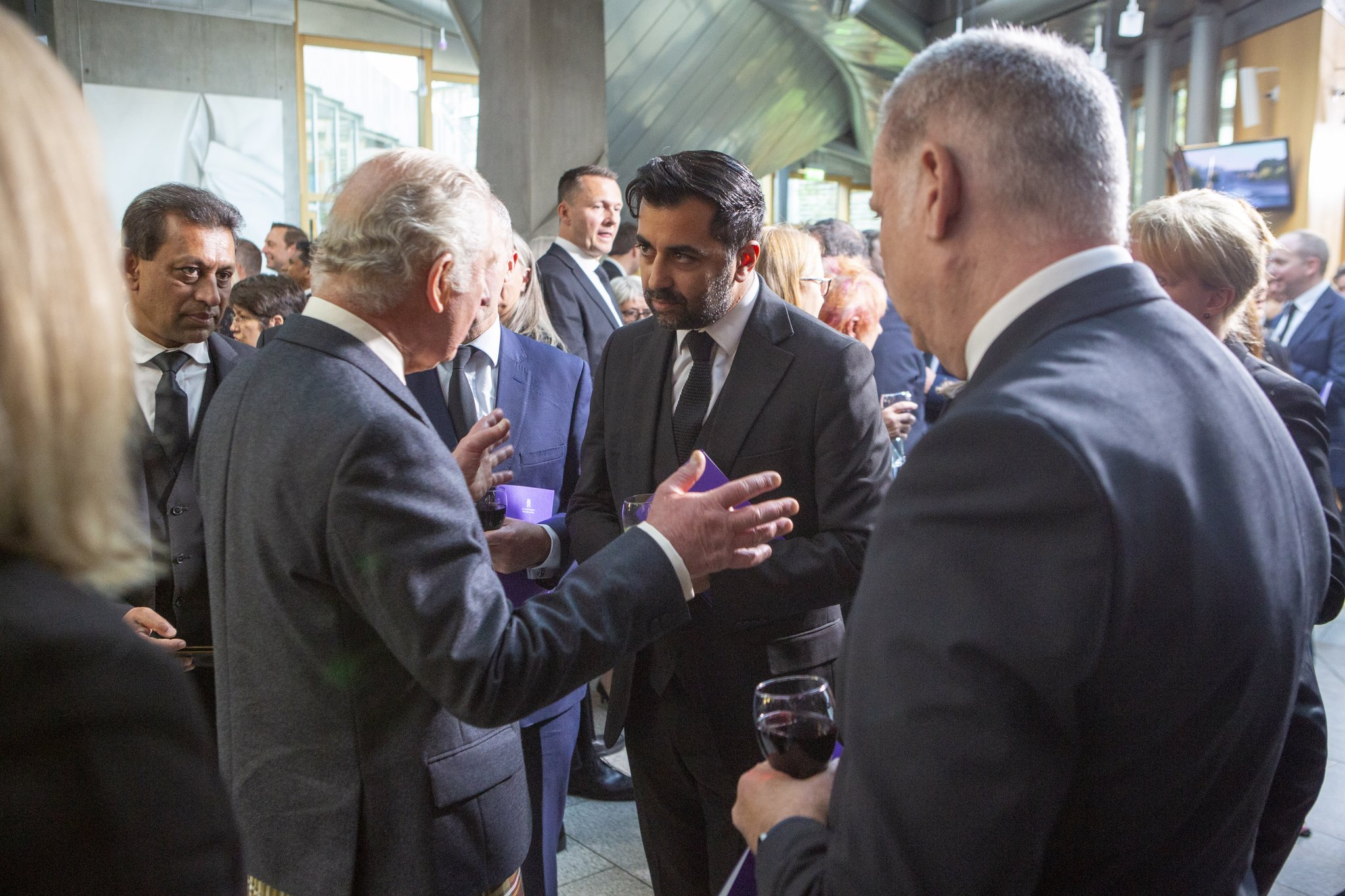"Navigating Democracy: Reflections on India's General Election Journey Amidst Heightened Campaign Rhetoric"
Modi’s campaign narrative took a noticeable shift after the initial voting phase. There was a discernible emphasis on rallying the support base of his party, the Bharatiya Janata Party (BJP), particularly among Hindu voters. This pivot in strategy, while aiming to consolidate support, stirred debates and raised concerns about the polarization of Indian politics.
‘Not against Islam or Muslims’

Modi’s remarks, Central to these concerns were particularly those concerning the Muslim community.
His statements, perceived by many as divisive, sparked condemnation from opposition parties and civil society alike. The rhetoric surrounding identity politics, particularly in the context of religion, has been a contentious issue in Indian politics, highlighting the delicate balance between electoral strategy and social cohesion.
However, Modi has vehemently denied any opposition to Islam or Muslims, stating his intentions to focus on the community’s future growth. He urged introspection among Muslims, encouraging them to ponder over their socio-economic status and the benefits of government schemes. Nonetheless, his comments have fueled anxiety within the Muslim community, raising questions about their place in the fabric of Indian society.
The evolving nature of Modi’s campaign, marked by increasingly polarizing rhetoric, has coincided with a decline in voter turnout. Several factors contribute to this trend, including logistical challenges and adverse weather conditions. India, with its vast geographical expanse and diverse climatic regions, presents unique logistical hurdles in conducting elections. Furthermore, intense heatwaves sweeping across the country have deterred many voters from participating in the electoral process.
The decline in voter turnout is not merely a statistical anomaly but a reflection of broader socio-political dynamics. It underscores the need to address systemic issues that hinder inclusive participation in democracy. As the temperature rises, so does the urgency to ensure that all eligible citizens have unfettered access to their democratic rights.
The decline in voter turnout also prompts a critical examination of the state of Indian democracy. It raises questions about the effectiveness of electoral processes in accommodating the diverse needs of its citizens. Moreover, it underscores the imperative for political leaders to engage in substantive discourse, addressing the pressing issues that affect the lives of ordinary Indians.
Amidst the cacophony of electoral politics, it’s imperative to retain focus on substantive issues. Unemployment, inflation, healthcare, education – these are the concerns that resonate with ordinary citizens, transcending partisan divides. As the political rhetoric intensifies, it’s essential to elevate the discourse, steering away from divisive narratives that sow seeds of discord.
At its core, democracy is not merely about casting ballots; it’s about fostering inclusive participation and nurturing a collective vision for the future. Every vote counts, and every voice matters. In the heat of electoral battles, amidst soaring temperatures and polarizing rhetoric, let us not lose sight of the fundamental principles that underpin our democracy – equality, justice, and fraternity.
As India navigates through the remainder of its general election, let us reaffirm our commitment to these ideals. Let us strive to build a nation where every citizen, regardless of their background or beliefs, can aspire to a better tomorrow. For in the crucible of democracy, amidst the heat and the hustle, lies the promise of a brighter future for all.


